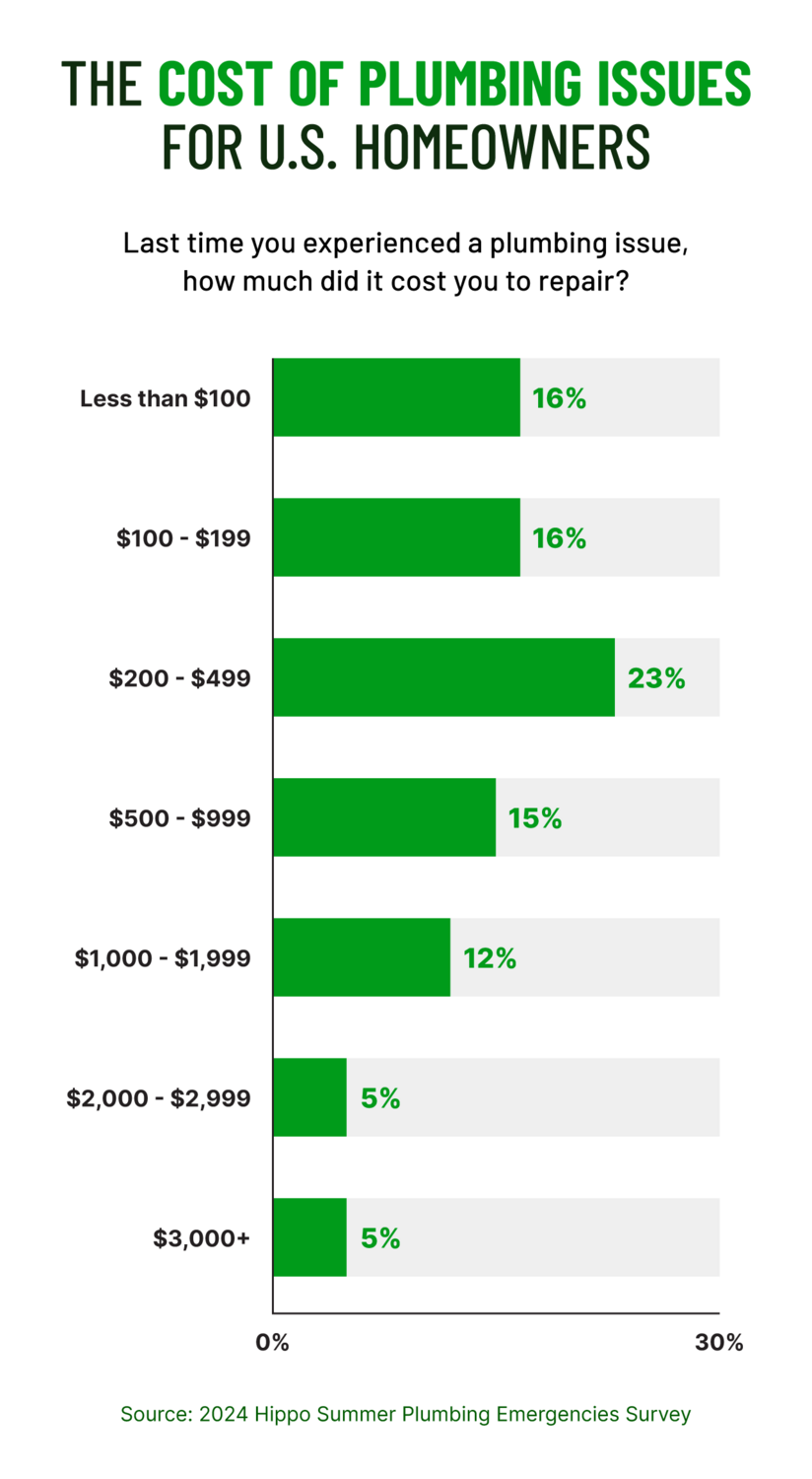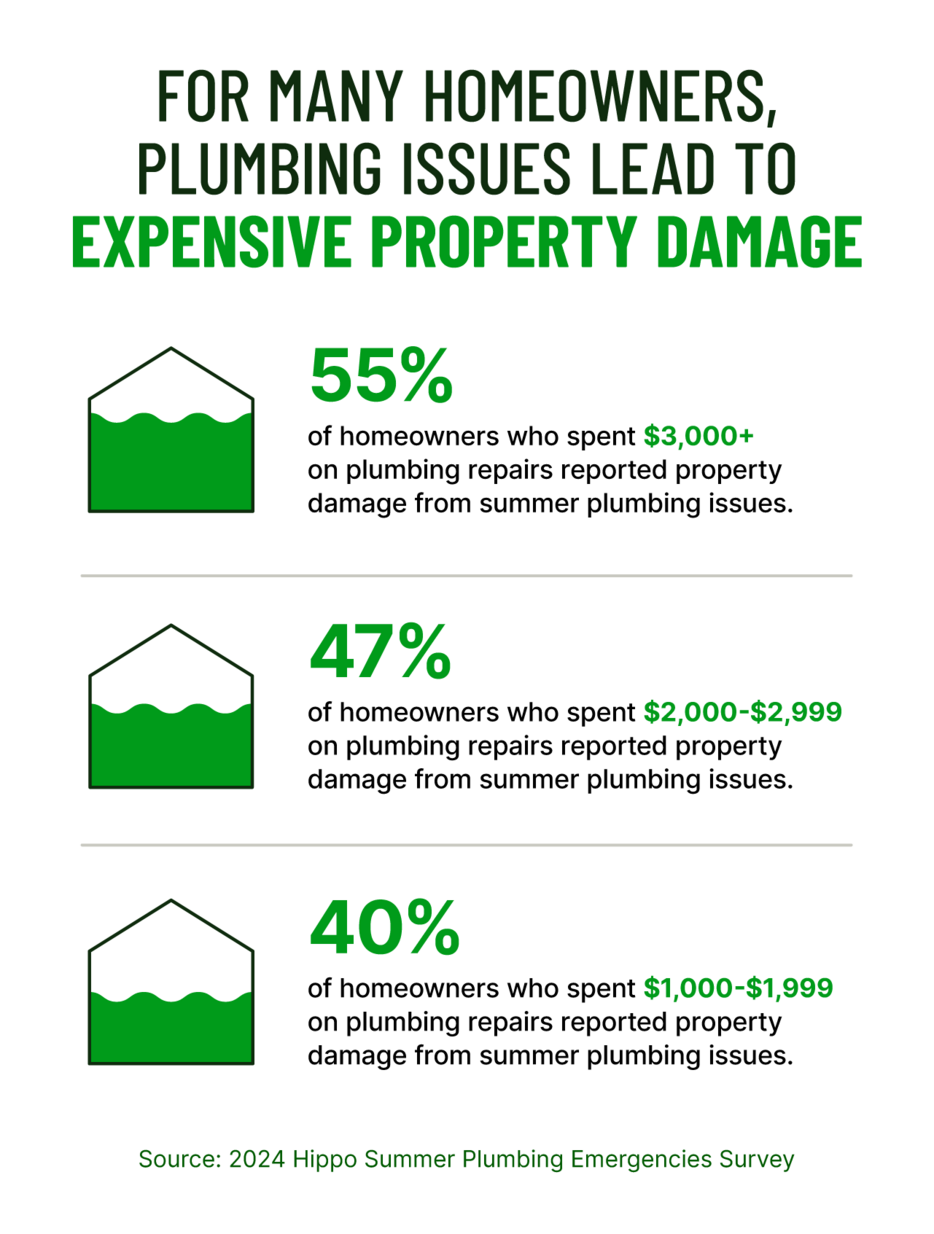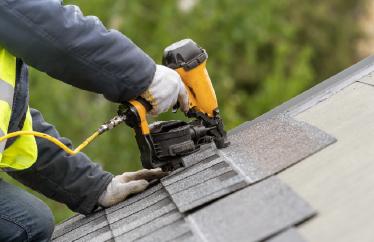Survey: 66% of Homeowners Experience Summer Plumbing Issues
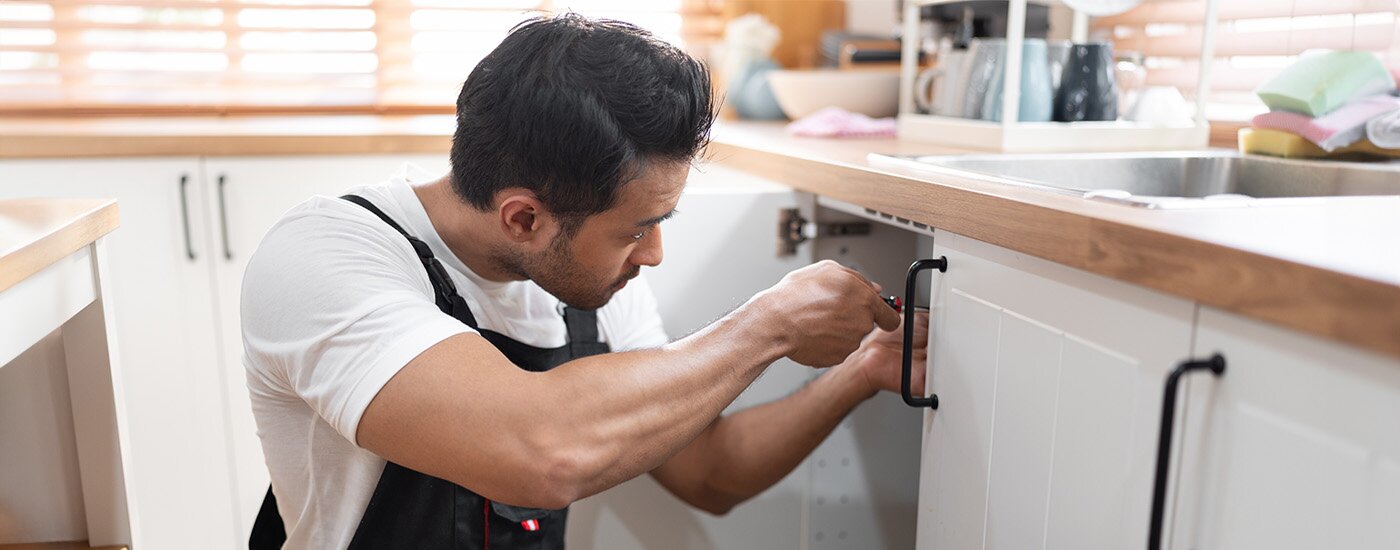
While winter can bring much-dreaded frozen pipes, plumbing problems are not just limited to colder weather. Summer plumbing maintenance is equally essential to help prevent costly home damage.
According to our latest research, the majority (66%) of U.S. homeowners have experienced a summer plumbing issue. Of these respondents, over one-fourth (27%) reported property damage, which can lead to expensive repairs and major disruptions to daily routines.
Dive into our new survey of over 2,000 U.S. homeowners to discover summer plumbing trends and to find out how you can help safeguard your pipes this season.
Key takeaways
- 61% of responding U.S. homeowners take at least one proactive step in the summer months to help avoid costly plumbing repairs. This preventative maintenance can help avoid headaches (and even wasted money) down the road.
- 66% of U.S. homeowners have experienced a summer plumbing issue, highlighting the need for homeowners to go beyond basic self-checks with more in-depth, year-round preventative plumbing maintenance routines.
- Over one in 10 responding homeowners reported being unsure what summer plumbing maintenance entails, indicating a need for even more education around the necessity of summer preventative plumbing maintenance.
- 60% of responding homeowners paid at least $200 to repair their last plumbing issue. This finding suggests plumbing issues present a financial concern for homeowners and highlights the importance of budgeting for preventative home maintenance while saving for potential emergencies.
66% of U.S. homeowners battle summer plumbing issues
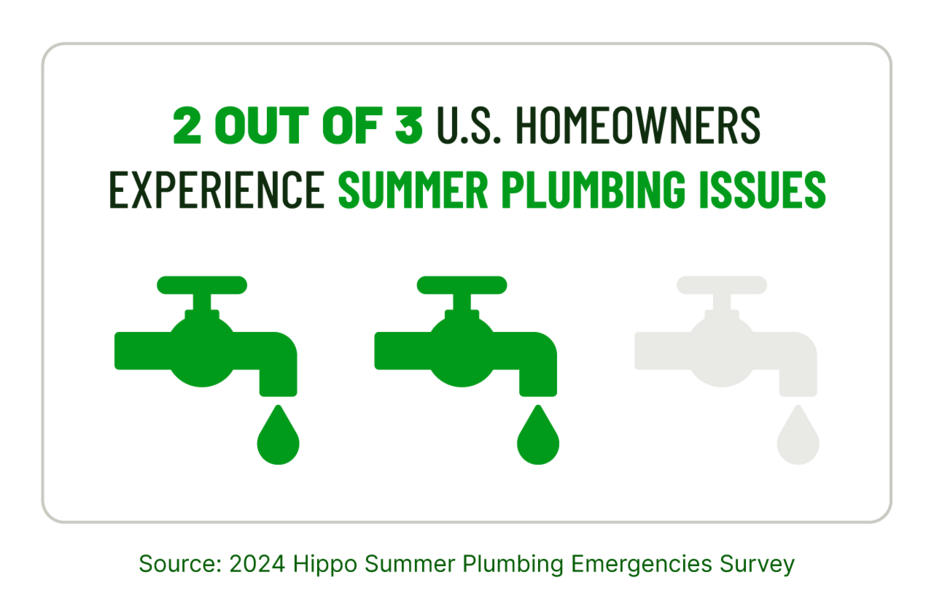
61% of respondents prioritize preventative summer plumbing maintenance
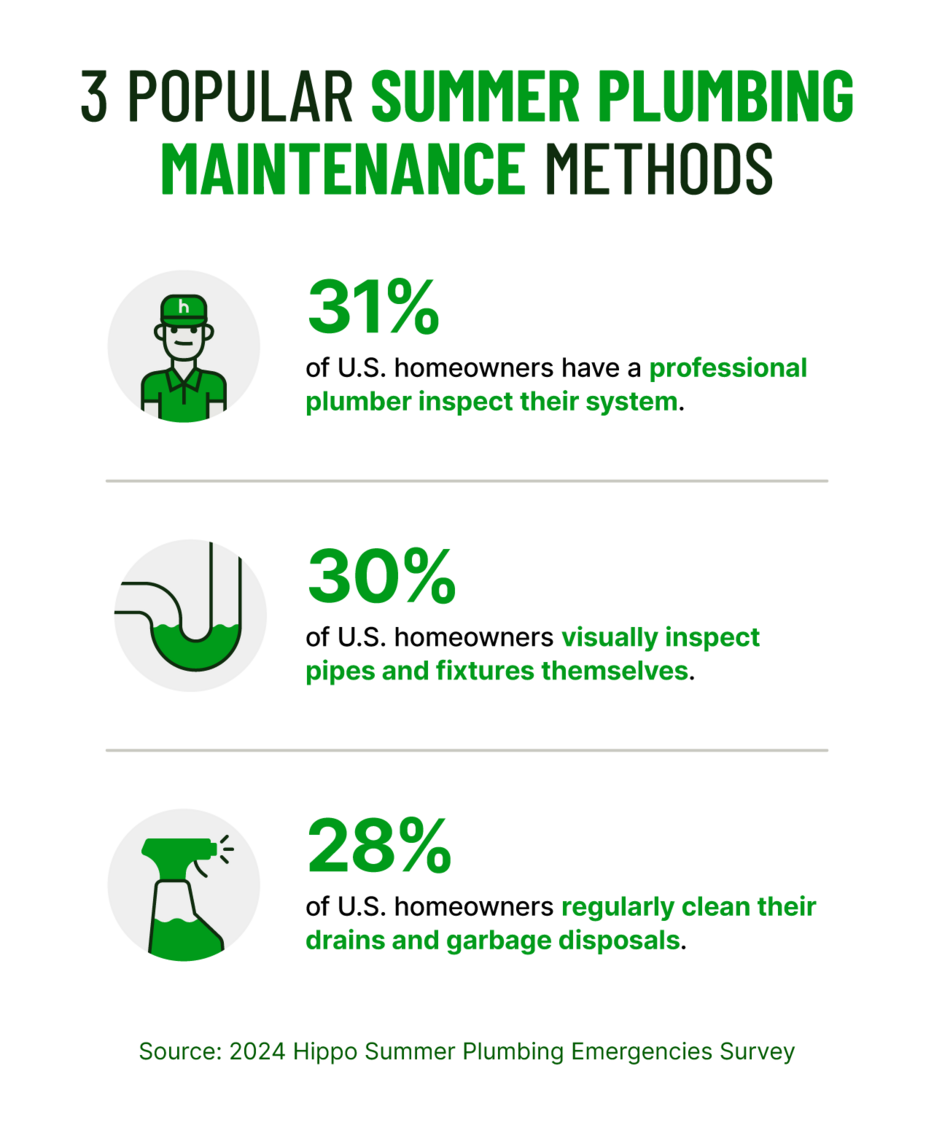
Majority (60%) of homeowners pay over $200 on plumbing issues
